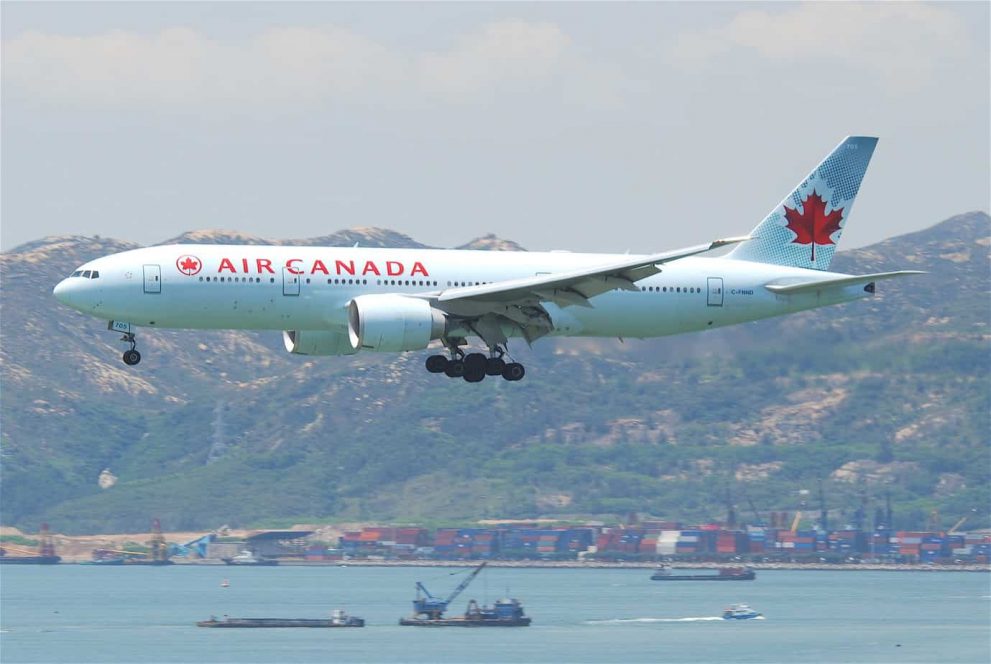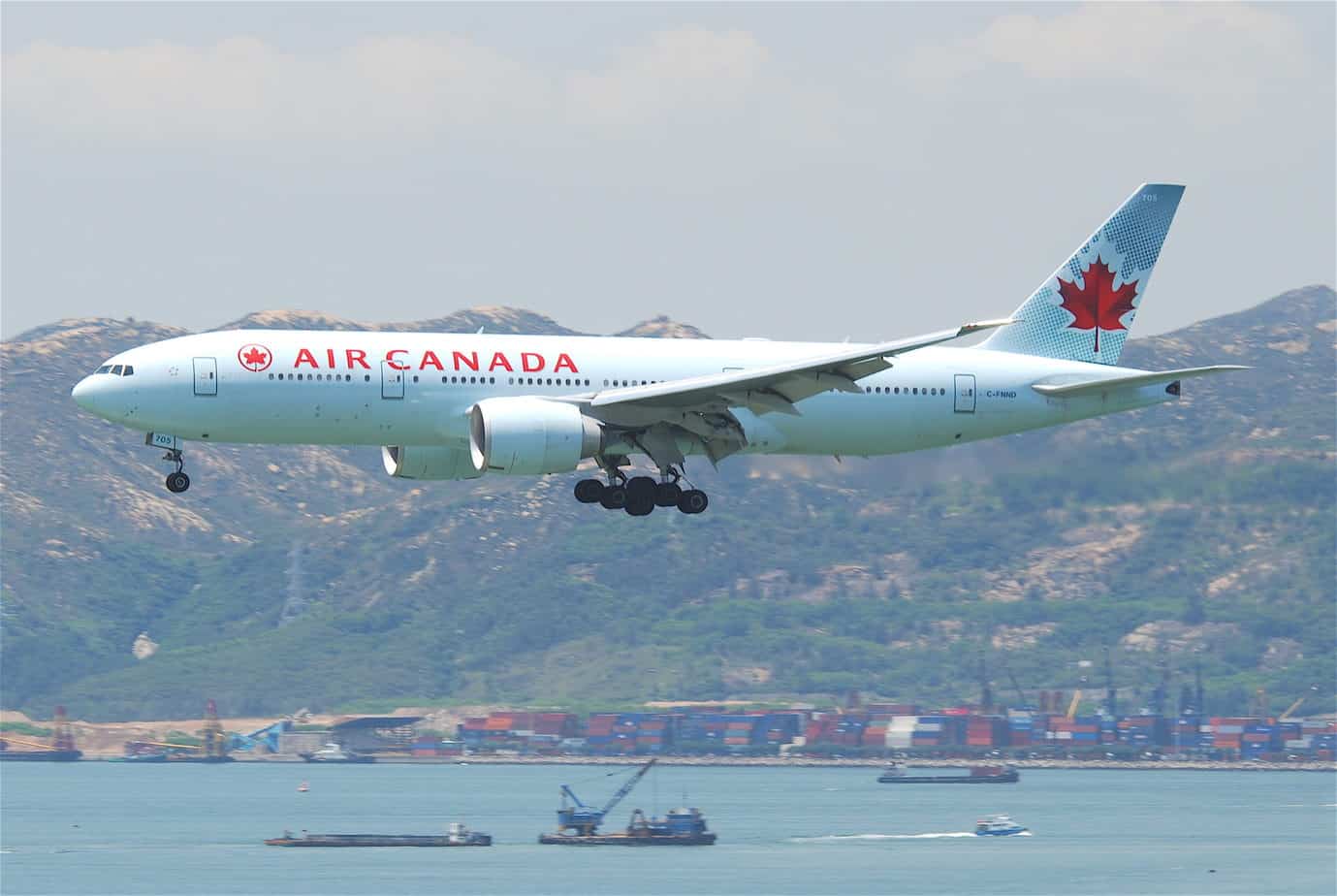
 Where is Air Canada (Air Canada Stock Quote, Chart, News, Analysts TSX:AC) headed? Probably up, says portfolio manager John Zechner, who says that while business travel won’t ever be coming back to pre-pandemic levels, vacationers are now champing at the bit to get back in the air.
Where is Air Canada (Air Canada Stock Quote, Chart, News, Analysts TSX:AC) headed? Probably up, says portfolio manager John Zechner, who says that while business travel won’t ever be coming back to pre-pandemic levels, vacationers are now champing at the bit to get back in the air.
Air Canada has been climbing over the past couple of months, perhaps in anticipation of a return to the skies for travelers once the various COVID-19 vaccine make some headway in ending the pandemic, but the stock is still down considerably from the highs set early in 2020, a time when the airline was soaring both literally and figuratively on growing revenues and a charging share price.
AC hit a high of $52 back in mid-January, capping off a tremendous comeback for a company and stock that had been in the doldrums for years. The success story of Air Canada came from a much-improved balance sheet, greater efficiencies across its operations and route expansions, all putting Canada’s number one airline in a strong position going forward — that is, until COVID-19 struck and effectively razed the airline industry to the ground, bringing Air Canada with it and dropping AC’s share price to the mid-teens. The stock has been boosted since then but 2020 will still put AC at a loss of around 50 per cent.
But there’s reason to be optimistic about the airlines in general and Air Canada in particular, said Zechner, who likes the company’s chances.
“I’m a lot more positive on this than I’ve been, just because of the outlook going forward,” said Zechner, founder of J. Zechner Associates, speaking on BNN Bloomberg on Tuesday. “We added a little bit a few months ago in the mid-teens.”
“You want survivors in this industry and Air Canada has proven itself ultimately to be the survivor. The capital they’ve raised this year has given them what they needed to get through this downturn, even though there’s still the bleeding of capital on a daily basis, losses this quarter, next quarter, and that’s going to be for a while,” Zechner said.
“But travel is going to continue and it’s going to return. I don’t think business travel will ever get anywhere close to what it was in the past. I think this pandemic has shown people that you can do, for example, long meetings by Zoom and other things. You’ll not need to hop on a plane for a meeting in Vancouver or wherever like it used to be and I think that’s going to be permanent [for] business travel which is a very profitable area for Air Canada,” he said.
Air Canada reported a loss of $685 million for its most recent quarter, with total passengers carried over the company’s third quarter falling by a full 88 per cent. AC’s net debt as of September 30, 2020, ballooned to $4.973 billion from $2.841 billion at the close of 2019. Meanwhile, the company’s unrestricted liquidity at the quarter’s end was $8.189 billion, a testament to the company’s strength and the confidence its backers have in Air Canada’s future.
“Since March, we have raised almost $6 billion in additional liquidity, leveraging what was one of the industry’s strongest balance sheets as we entered the pandemic,” said President and CEO Calin Rovinescu in the third quarter press release on November 9. “We took the painful steps of eliminating 20,000 jobs, after having created 10,000 over the previous five years, and of reversing ten years of profitable network expansion by reducing capacity by more than 80 per cent in the third quarter.”
Along with pressing the federal government through much of 2020 to relax COVID-related restrictions on air travel, Air Canada has been calling for more direct assistance from the government than has so far been provided, while the federal government has so far declined to offer an industry-wide bailout, saying instead that its support has come in the form of wage subsidies to employees.
Zechner thinks Air Canada will come back a different company but one which will likely reward investors for their patience.
“I think they will shift some of their their resources of their planes into freight, which which is a better market, and I think passenger travel for vacations is going to come back in a big way. We’re all dying to go places they haven’t gone in a while and then [the stock] will come back,” Zechner said.
“You want to own the survivors and the guys with the best balance sheets, and I think with their Transat acquisition and their low costs and the absolutely strong management team they have, they’ve reduced their costs substantially over the last couple of years and they’ve been a strong industry player,” he said.
“The stock is still down almost 60 per cent from where it was at the peak, so I think there’s still room in this one. I think it’s a good play with a good balance sheet, and we’ve added to it recently,” Zechner said.
Leave a Reply
You must be logged in to post a comment.




 Share
Share Tweet
Tweet Share
Share




Comment